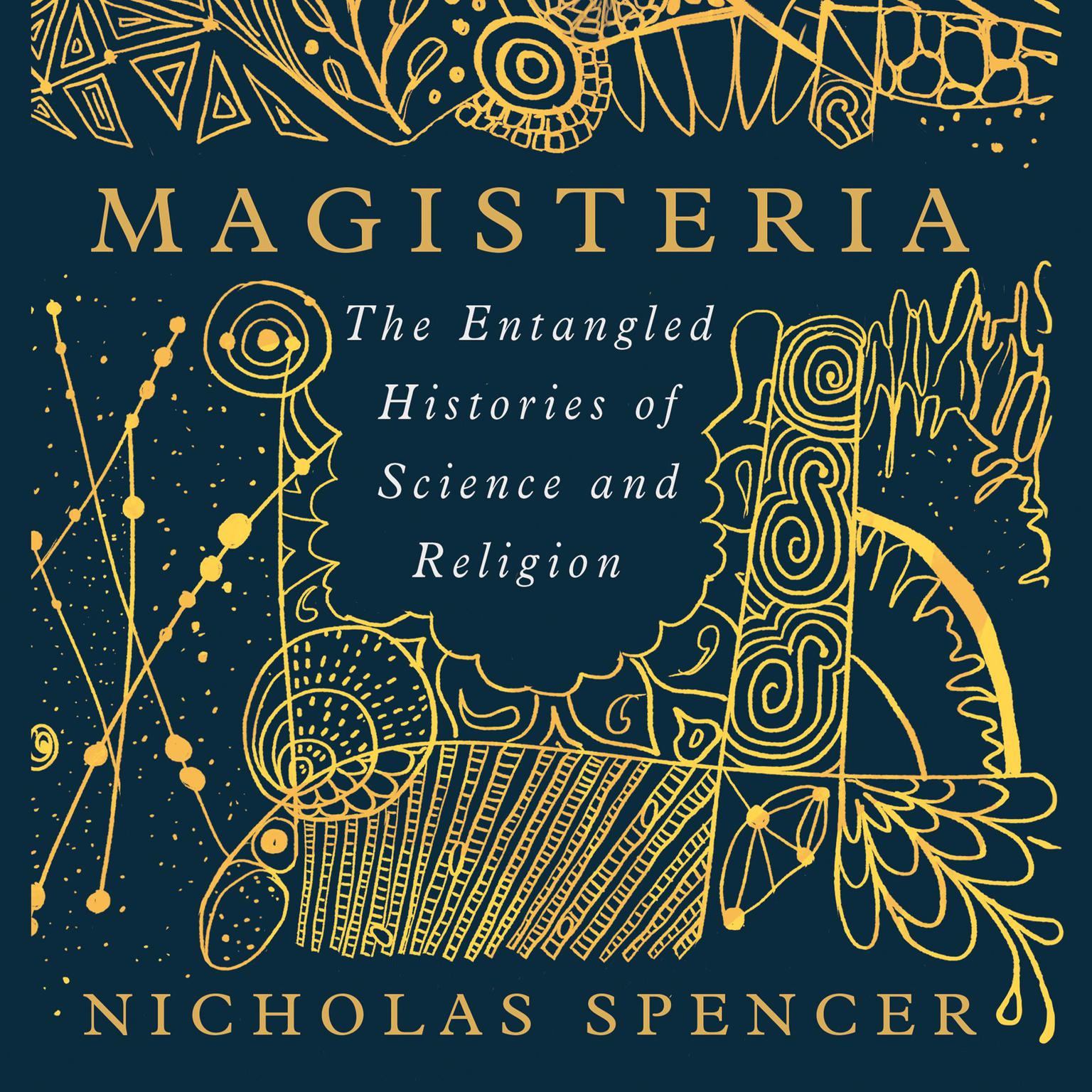 Play Audiobook Sample
Play Audiobook Sample
Magisteria: The Entangled Histories of Science & Religion Audiobook
 Play Audiobook Sample
Play Audiobook Sample
Quick Stats About this Audiobook
Total Audiobook Chapters:
Longest Chapter Length:
Shortest Chapter Length:
Average Chapter Length:
Audiobooks by this Author:
Publisher Description
Science and religion have always been at each other’s throats, right?
Most things you ‘know’ about science and religion are myths or half-truths that grew up in the last years of the nineteenth century and remain widespread today.
The true history of science and religion is a human one. It’s about the role of religion in inspiring, and strangling, science before the scientific revolution. It’s about the sincere but eccentric faith and the quiet, creeping doubts of the most brilliant scientists in history – Galileo, Newton, Faraday, Darwin, Maxwell, Einstein. Above all it’s about the question of what it means to be human and who gets to say – a question that is more urgent in the twenty-first century than ever before.
From eighth-century Baghdad to the frontiers of AI today, via medieval Europe, nineteenth-century India and Soviet Russia, Magisteria sheds light on this complex historical landscape. Rejecting the thesis that science and religion are inevitably at war, Nicholas Spencer illuminates a compelling and troubled relationship that has definitively shaped human history.
Download and start listening now!
'This page-turner of a book compellingly tracks the relation between science and religion, eternally bickering siblings, across two millennia. The ironies of the collaborations and oppositions between the two are brilliantly set out. You don’t have to have religious belief to recognise that science doesn’t always have the right answers. The real question: who has the authority to make statements about the natural world? Nicholas Spencer well shows that this authority – formerly in the hands of religious authorities, now usually scientific ones – has been effortfully constructed and disagreed over across time.' -- Chris Wickham, author of The Inheritance of Rome
—
Quotes
-
'This sweeping and comprehensive look at the "war" between religion and science lays it bare as a nineteenth-century myth. Studying God’s Works – what we call "science
— was historically as important to Christianity as studying his Word. The battles we’ve mythologised – from the ancient mathematician Hypatia’s murder by a Christian mob, to Galileo kneeling before the Inquisition, to the 1925 Scopes “monkey” trial – were not about ideology, but authority. A compelling act of myth-busting.' -- Nancy Marie Brown, author of The Abacus and the Cross -
'Nicholas Spencer’s Magisteria is an indeed magisterial and brilliant attempt to bring a more up-to-date and sophisticated understanding of the intricate historical relationship between science and religion to a popular audience. Readers will be both entertained and surprised. He has done the cause of improved inter-human understanding a real service.' -- Professor John Milbank
-
'Nicholas Spencer is always worth reading. In this book he brilliantly synthesises a mass of scholarly research to provide an authoritative, lucid and, at times, surprising account of the historical relations between Western science and religion. This is easily the most comprehensive and accessible history of these two "magisteria" presently available.' -- Peter Harrison, author of The Territories of Science and Religion
-
'A really nicely balanced mix of scholarship and readability, full of quirky facts to make you think. The case that these arguments are not about facts, but about power and philosophy, has never been put more clearly and convincingly.' -- Andrew Brown, author of The Darwin Wars
Magisteria Listener Reviews
Be the first to write a review about this audiobook!
About John Sackville
John Sackville is an English actor and voice artist. He studied at St. Andrews University and the Webber Douglas Academy of Dramatic Art. He has since acted on stage and on camera and has narrated a number of audiobooks, computer games, documentaries, and commercials.


